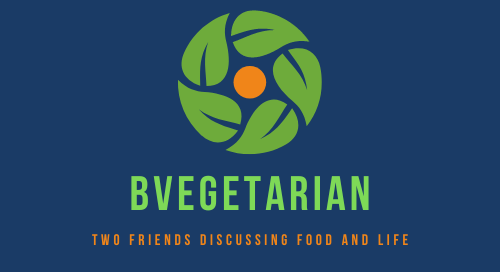Beans are a type of legume that have been a staple food in many cultures for centuries. They come in a variety of shapes, sizes, and colors and can be eaten cooked or raw. Not only are beans versatile and delicious, but they also offer a range of health benefits.
One of the most significant benefits of eating beans is their nutritional value. Beans are an excellent source of protein, which is essential for building and repairing tissues in the body. They also contain complex carbohydrates, fiber, vitamins, and minerals, including iron, folate, and potassium. The high fiber content in beans helps to keep the digestive system healthy and can aid in weight management by helping you feel full for longer.
Another benefit of eating beans is that they can help lower cholesterol levels. The soluble fiber found in beans binds to cholesterol and prevents it from being absorbed into the bloodstream. This, in turn, can help reduce the risk of heart disease and stroke. Additionally, some studies have shown that regularly consuming beans can lower blood pressure levels, which is also beneficial for heart health.
Beans are also an excellent food choice for those looking to manage their blood sugar levels. The complex carbohydrates found in beans are broken down slowly by the body, which helps to prevent spikes in blood sugar levels. This is particularly important for people with diabetes, as it can help them manage their condition more effectively.
In addition to their health benefits, beans are also a cost-effective food option. They are affordable and widely available, making them accessible to people of all income levels. Furthermore, beans can be stored for long periods without spoiling, making them an excellent pantry staple for times when fresh produce may not be available.
Finally, eating beans is also beneficial for the environment. Beans require less water and fertilizer to grow than other crops, making them a more sustainable food option. Additionally, legumes like beans are known to improve soil health by fixing nitrogen in the soil, which can reduce the need for chemical fertilizers.
In conclusion, the benefits of eating beans are many and varied. They are an excellent source of nutrition, can help lower cholesterol and blood pressure levels, aid in weight management, and are a cost-effective and environmentally friendly food option. With so many reasons to eat beans, it is easy to see why they have been a staple food in so many cultures for so long. So, next time you are looking for a healthy and delicious meal, consider adding beans to your plate.

